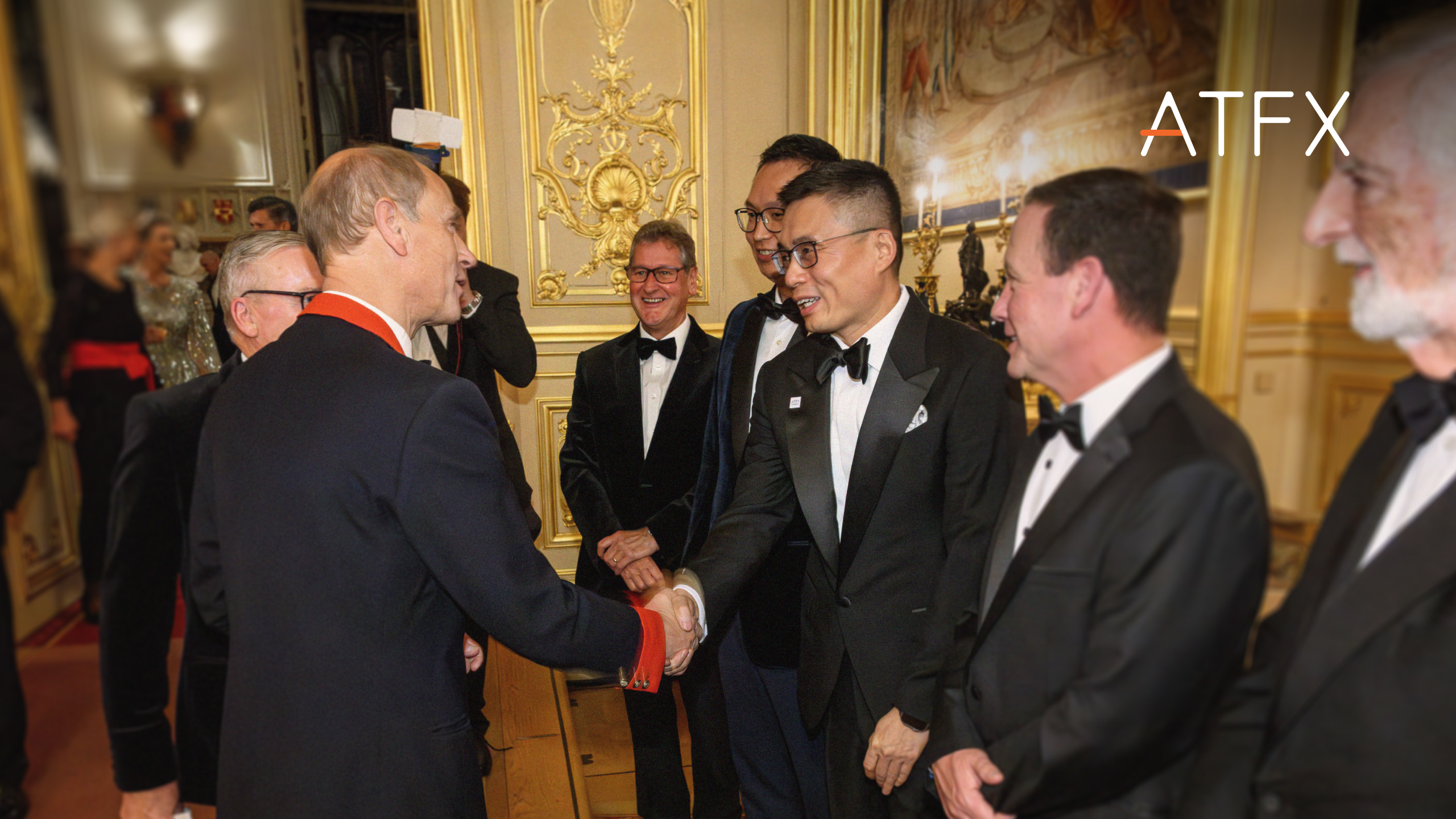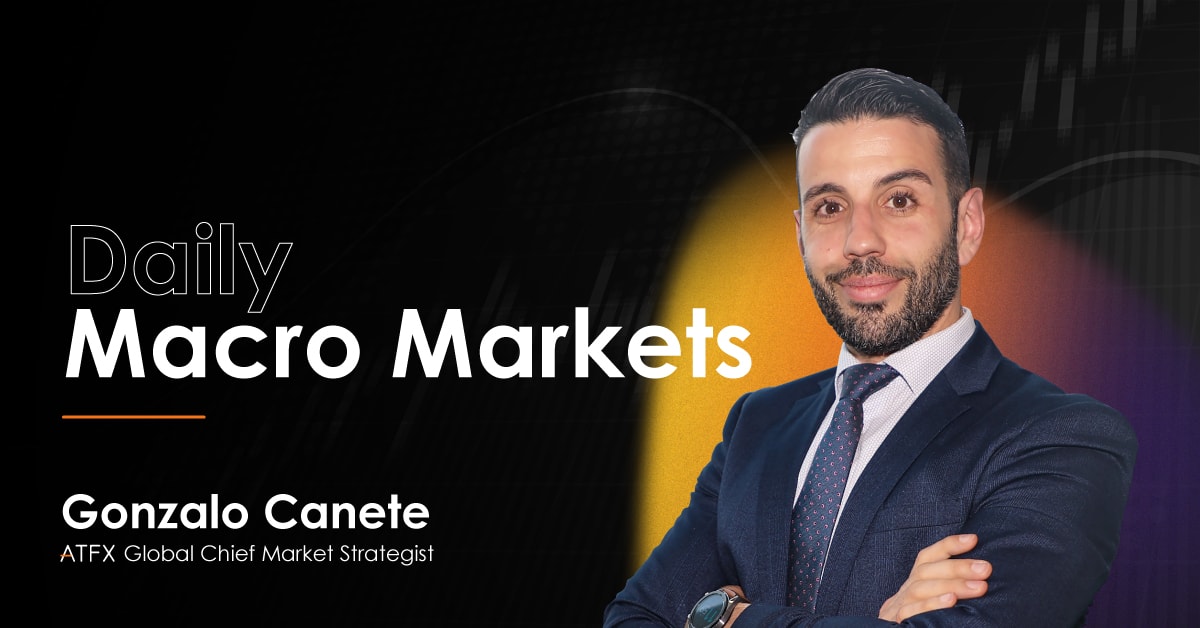Market Report.
📦 China responded to the new U.S.-Australia critical minerals deal by saying resource-rich rare earth countries should take a “proactive role” in stabilizing their critical minerals supply chains. A Chinese Foreign Ministry spokesperson said the formation of global supply chains is the result of market and corporate choices, and resource-rich nations should ensure normal economic and trade cooperation.
🤝 The $8.5 billion U.S.-Australia deal is aimed at boosting supplies of rare earths and other critical minerals outside of China’s dominance. Demand for rare earths and critical minerals is expected to grow exponentially as the clean energy transition accelerates.
🗣️ President Trump predicted an upcoming meeting with Chinese President Xi Jinping would yield a “good deal” on trade, but also acknowledged the possibility that the highly anticipated talks may not happen. Trump said he has a “great relationship” with Xi and expects to be able to make a “good deal” for China, but it must be “fair.”
🤔 While Trump foresaw the meeting as being “very successful,” he said the possibility remains that it could fail to materialize. The two leaders are scheduled to meet later this month at the Asia-Pacific Economic Cooperation summit in South Korea, but the date and time have not been announced.
📉 Treasury Secretary Scott Bessent is expected to meet with Chinese counterparts this weekend to discuss de-escalating trade tensions, with China recently announcing fresh curbs on rare earth exports and Trump threatening to increase tariffs.
🚨 The crisis of government shutdown in US has been active for 22 days. President Donald Trump has rebuffed a request by top Democratic lawmakers to meet until the U.S. government shutdown ends. Trump said he is willing to meet with Senate Minority Leader Chuck Schumer and House Minority Leader Hakeem Jeffries, but only if they agree to let the country open first.
💼 Thousands of federal workers have been furloughed as the shutdown continues, with about $1.7 trillion in annual federal spending affected. The shutdown is being driven by a standoff over extending an enhanced Affordable Care Act (ACA) tax credit that is due to expire on December 31.
📊 Inflation in the UK has been slightly lower than expected, remaining at 3.8% on an annualized basis, compared to an increase of 4%. Nevertheless, the figure is high and worries the BoE. The UK is the most inflated country in the G7, which makes it difficult for them to reduce their interest rates in the short term. Their bond yields have recently increased, showing the stress this situation is generating.
💷 Rachel Reeves, the Chancellor of the Exchequer, has indicated plans to raise taxes and cut spending in her November 26 budget proposal to remain on track with fiscal targets and reassure investors. This move comes as British borrowing costs have already risen sharply, reflecting market sensitivity to the UK’s economic policies.
📈 Japan’s exports rose for the first time in five months in September, driven by a boost from a weak yen, although exports to the U.S. continued to fall despite lower U.S. tariffs on Japanese autos. The U.S.-Japan trade agreement implemented a 15% tariff on nearly all Japanese imports, down from the initial 27.5% on autos and 25% on other goods.
🌏 The uptick in exports adds to recent data suggesting the Japanese economy is weathering the impact of earlier tariff hikes. However, the outlook for exports remains dim, as U.S.-bound exports will likely continue to struggle and the yen’s depreciation may be corrected.
🚗 Exports to China were up 5.8%, helped by strong demand for automobiles and materials, while exports to the rest of Asia rose 9.2%. Japan’s main trading partners are the US and China, in very similar proportions.
🇫🇷 France’s delicate fiscal situation and its credit risks are forcing asset managers to rebalance their portfolios, reducing strict criteria, in order to keep the French debt among their assets.
🏦 Some of the world’s largest asset managers, including State Street and BlackRock, are proactively changing the investment rules of their bond funds to avoid being forced to sell French debt holdings due to credit rating downgrades.
📉 After Belgium’s rating was lowered, the BlackRock fund had to sell down its position in Belgian long bonds due to the strict rating requirements of its previous benchmark. This prompted the fund to find a solution before the expected French downgrades.
📋 Other managers, like Northern Trust, have also exempted France from minimum rating requirements in their benchmark indexes, allowing their funds to continue holding French debt.
🤖 According to Bloomberg, OpenAI has assembled a team of over 100 former investment bankers from firms like JPMorgan, Morgan Stanley, and Goldman Sachs to help train its artificial intelligence on building financial models. This secretive project, codenamed “Project Mercury”, is part of OpenAI’s efforts to make its powerful AI technology more useful to businesses across industries, including finance.
⚙️ This initiative highlights OpenAI’s urgency to make its AI more commercially viable, as it aims to automate the grunt work typically done by junior investment banking analysts, who often face long hours building detailed models in Excel. The rise of AI in finance is sparking concerns about job security for these entry-level banking roles, as startups look to equip banks with AI solutions that can take over these repetitive tasks.
💻 However, the automation of investment strategies and backtesting on millions of data points is nothing new in the industry. Millions have been invested in this direction for years, and yet, machines have not found the holy grail of investing. Will AI be able to achieve it?
📉 Netflix’s shares fell around 7% in extended trading after the company reported a third-quarter earnings miss, citing an ongoing dispute with Brazilian tax authorities. The specific expense, stemming from a 10% tax on certain payments made by Brazilian entities to operations outside the country, was not previously in Netflix’s forecast. The company decided to charge the impact to its Q3 results.
📈 Netflix’s Q3 revenue rose 17% year-over-year, in line with analyst expectations, boosted by membership growth, pricing adjustments, and increased ad revenue. For Q4, Netflix expects revenue to rise 17% year-over-year as these trends continue. However, the company altered its full-year operating margin forecast to 29% from 30% due to the Brazilian tax issue.
Geopolitics.
🌍 The planned summit between U.S. President Donald Trump and Russian President Vladimir Putin has been put on hold, as Moscow has rejected an immediate ceasefire in Ukraine. The White House said there are no plans for Trump and Putin to meet in the “immediate future” after a call between Secretary of State Marco Rubio and Russian Foreign Minister Sergei Lavrov.
🛑 Trump had previously announced he and Putin would meet soon in Hungary to try to end the war in Ukraine. European leaders have called on Washington to hold firm in demanding an immediate ceasefire in Ukraine, with the present battle lines as the basis for any future talks, but Putin has been unwilling to consider concessions. To put it another way, the European NATO has been working to prevent Trump and Putin from having a meeting.
Market View.
📈 Futures on Wall Street are returning to record highs. Mini S&P 500 futures are approaching 6,800 points, a zone marking their all-time highs. Nasdaq 100 futures are also nearing record levels, currently trading at 25,335 points.
💵 The dollar has approached 99 points on the DXY index in recent hours, once again showing unexpected strength. EUR/USD is struggling to stay above 1.16 under these conditions.
📊 European indices remain divergent. DAX 40 futures are attempting to approach 24,500 points in their upward rebound, which lost momentum yesterday. Meanwhile, EuroStoxx 50 futures reached a new all-time high above 5,700 points before retreating to their current level of 5,685 points.
🛢️ Crude oil prices are leading a strong bullish rebound, with Brent crude reaching $62.40 per barrel and WTI currently trading at $58.30.
🥇 Gold experienced a sharp downward correction yesterday, falling close to $4,000 per ounce in its futures contracts. However, it has rebounded strongly in the last few hours and now sits at $4,170 per ounce, with $4,000 acting as a clear support zone.
💱 Bitcoin continues to display volatility. During yesterday’s session, it surpassed $113,000 but has since dropped back in the past few hours to its current level of $108,050.

